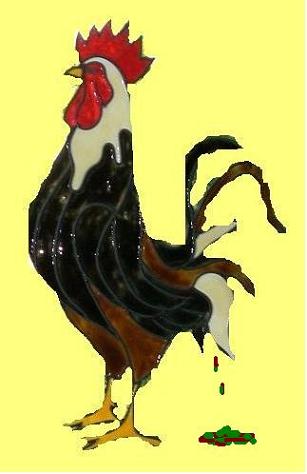Elisabeth Eaves,
11.03.06, 3:00 PM ET
In business, politics and romance, it would be nice to know when we’re being lied to. Unfortunately humans aren’t very good at detecting lies. Our natural tendency is to trust others, and for day-to-day, low-stakes interactions, that makes sense. We save time and energy by taking statements like “I saw that movie” or “I like your haircut” at face value.
But while it would be too much work to analyze every interaction for signs of deception, there are times when we really need to know if we’re getting the straight story. Maybe a crucial negotiation depends on knowing the truth, or we’ve been lied to and want to find out if it’s part of a pattern.
In fact, being able to distinguish lies from truth is important not just in our personal lives but in the economy at large. Trust lubricates virtually every transaction we undertake. In fact, trust may be worth as much as $12.4 trillion dollars a year in the United States alone, about 99.5% of GDP. (See: “ The Economics of Trust.”) It’s no stretch to argue that by reducing trust, liars make us collectively poorer...
Forbes
 Watch Body Language
Watch Body LanguageDerrick Parker, a 20-year veteran of the New York Police Department and co-author of Notorious C.O.P., says to look for physical clues, especially sweating and fidgeting.
 Seek Detail
Seek DetailLiars' stories often lack detail, says Lindsay Moran, a former CIA officer and author of Blowing My Cover: My Life as a CIA Spy. Her solution: Push your subject for particulars. The more minutiae a liar has to provide, the more likely he is to slip up.
 Beware Unpleasantness
Beware Unpleasantness"Liars are noticeably less cooperative than truth-tellers," found psychologists Bella M. DePaulo and Wendy L. Morris in a review of studies on deception. "Liars also make more negative statements and complaints than truth-tellers do, and they appear somewhat less friendly and pleasant," they write in The Detection of Deception in Forensic Contexts.
 Observe Eye Contact
Observe Eye ContactA subject's failure to make eye contact is often sign of deceit, say both former NYPD officer Parker and former CIA agent Moran.
Signs of Stress
Look for dilated pupils and a rise in vocal pitch. Psychologists DePaulo and Morris found that both phenomena were more common in liars than truth-tellers.
 Listen for the Pause
Listen for the Pause
Forced to make up a story on the spot, most speakers will take a beat or two to collect their thoughts.
Look for dilated pupils and a rise in vocal pitch. Psychologists DePaulo and Morris found that both phenomena were more common in liars than truth-tellers.
 Listen for the Pause
Listen for the PauseForced to make up a story on the spot, most speakers will take a beat or two to collect their thoughts.
 Ask Again
Ask AgainPolice interrogators often ask suspects to repeat their stories, and listen for inconsistencies to ferret out lies. But be careful: "Smart people maintain the consistency of lies better than dumb people," says psychologist Robert Feldman, a professor of psychology at the University of Massachusetts.
 Beware Those Who Protest Too Much
Beware Those Who Protest Too MuchSomeone who consciously is trying to make you think he's honest--for instance, by injecting the phrase "to be honest"--may be lying. Most people assume they will be trusted most of the time. If someone expects otherwise, take a moment to ask yourself why.
 Know Thyself
Know ThyselfOne reason liars succeed is that listeners don't really want to know the truth, says psychologist Feldman. So be honest with yourself about what it is you want to hear. You may wish to believe that a trusted employee didn't have his hand in the cookie jar. But does his story actually make sense?
 Work on Your Intuition
Work on Your Intuition"Good human lie detectors, if there are such persons, are likely to be good intuitive psychologists. They would figure out how a person might think or feel if lying in a particular situation, compared to telling the truth, then look for behavioral indications of those thoughts or feelings," write psychologists De Paulo and Morris.
-----------------------------------------------






No comments:
Post a Comment